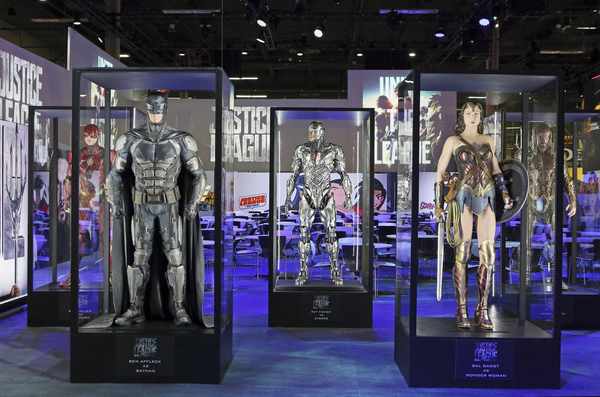When you hear the word “cyborg,” scenes from the 1980s films RoboCop or The Terminator might spring to mind. But the futuristic characters made famous in those films may no longer be mere science fiction. We are at the advent of an era where digital technology and artificial intelligence are moving more deeply into our human biological sphere. Humans are already able to control a robotic arm with their minds. Cyborgs —humans whose skills and abilities exceed those of others because of electrical or mechanical elements built into the body —are already among us.
But innovators are pushing the human-machine boundary even further. While prosthetic limbs are tied in with a person’s nervous system, future blends of biology and technology may be seen in computers that are wired into our brains.
Our ability to technologically enhance our physical capabilities—the “hardware” of our human systems, you could say—will likely reshape our social world. Will these changes bring new forms of dominance and exploitation? Will unaltered humans be subjected to a permanent underclass or left behind altogether? And what will it mean to be human—or will some of us be more than human?









Comments are closed.